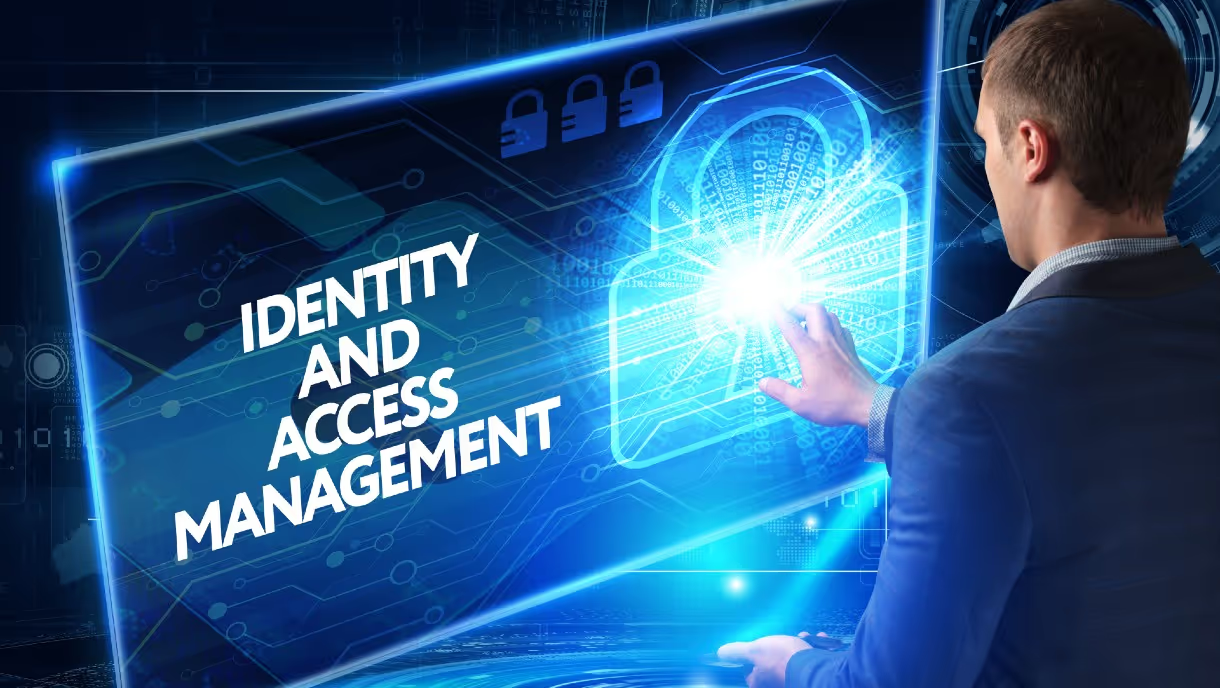The Future Of Identity Management: Trends To Watch Out For
Identity management is evolving with trends like biometric authentication, multi-factor authentication, decentralized identity (DID), AI integration, zero trust security, and user-centric models. These innovations enhance security, privacy, and user control while reducing fraud and operational inefficiencies. Businesses must adapt to these trends to stay secure and future-ready.

The landscape of identity management is rapidly evolving, driven by the growing need for secure and efficient solutions in today’s digital-first world. As technology advances, identifying individuals with accuracy and privacy becomes more complex. To stay ahead, businesses must align with emerging trends.
1. Biometric Authentication
Biometric authentication—such as fingerprint and facial recognition—is gaining popularity as a secure and user-friendly alternative to passwords. It eliminates the need for remembering complex credentials or carrying physical tokens.
More businesses are expected to adopt biometric standards in the future as they offer better protection and frictionless access for users.
2. Multi-Factor Authentication (MFA)
MFA combines two or more of the following:
- Something the user knows (e.g., password or PIN)
- Something the user has (e.g., smart card, token, or mobile app)
- Something the user is (e.g., biometric data like fingerprint or facial scan)
As mobile usage increases, MFA adoption is growing, especially with SMS codes and push notifications. It significantly improves security by making it harder for unauthorized access.
3. Decentralized Identity (DID) Solutions
Decentralized identity solutions use blockchain to empower users with control over their identity data—removing the need to rely on centralized authorities.
Benefits of DID include:
- Enhanced privacy
- Greater user control
- Interoperability across apps and services
As privacy concerns rise, DID is becoming a go-to for businesses seeking secure, user-focused identity management.
4. Artificial Intelligence in Identity
AI enhances identity management by:
- Detecting fraud through behavior and anomaly detection
- Automating identity verification workflows
- Speeding up decision-making and threat response
As AI tech matures, more organizations will adopt AI-powered identity platforms to streamline operations and reduce security risks.
5. Zero Trust Security
Zero Trust is a framework that assumes no user or device is trusted by default—even inside the corporate network. Every access request must be authenticated and verified.
This model is becoming a foundational layer for identity and access management, especially in distributed work environments.
6. User-Centric Identity Management
This model gives users full control over their identity data—what to share, with whom, and when. With rising concerns around surveillance and data misuse, this trend emphasizes:
- Consent-based data sharing
- Improved transparency
- Stronger trust between brands and users
More organizations are adopting user-first identity solutions to build privacy-conscious systems.
Conclusion
The future of identity management is being shaped by emerging technologies like biometrics, blockchain, and AI. Companies like OLOID are leading the way with cloud-based identity and access management solutions designed for modern enterprises.
FAQs
What are the biggest challenges in identity management today?
- Data breaches and fraud
- Siloed identity systems
- Balancing UX with security
- Compliance with global privacy regulations
What does the future of identity management look like?
- Decentralized and self-sovereign identity
- Biometric and AI-enhanced authentication
- Zero Trust access control
- Interoperable, user-driven identity models
How will these trends impact businesses?
- Stronger compliance and fewer breaches
- Better user experience and retention
- Reduced operational costs
- New business models around trusted identity data
What are the ethical concerns to watch?
- Data misuse or surveillance
- Algorithmic bias
- Digital inclusion and accessibility
- Transparency and public trust
How can individuals prepare for the future?
- Use strong passwords and enable MFA
- Stay informed about digital rights
- Limit data sharing on public platforms
- Support brands that prioritize ethical identity use
Get the latest updates! Subscribe now!








